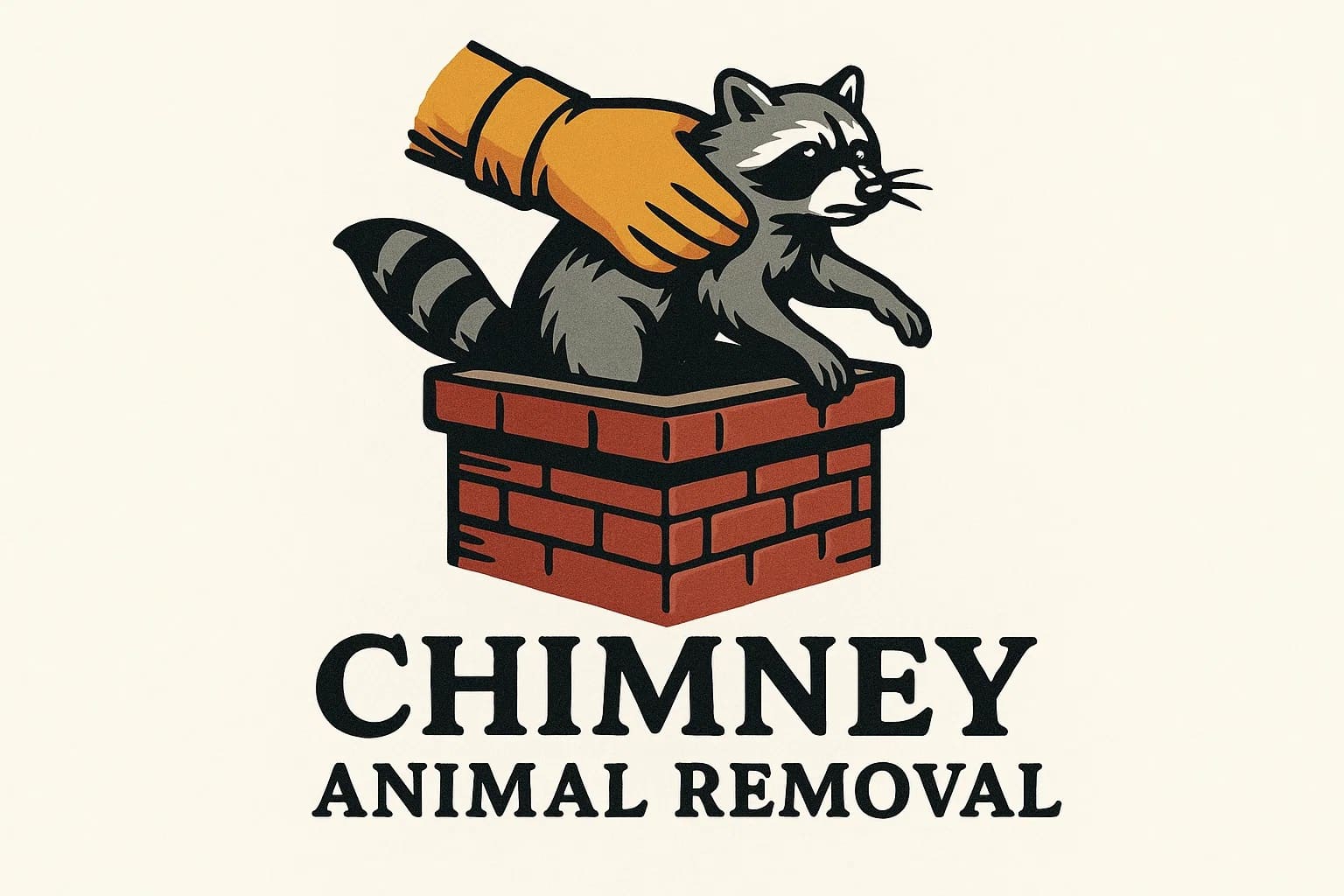
What Are the Dangers of Ignoring Chimney Animals in North Scituate Homes?
Picture this: It’s a chilly North Scituate evening, you’re ready to cozy up by the fire, but something’s not quite right. There’s a strange scratching sound from your chimney, and you catch a whiff of something unpleasant. Many homeowners are surprised to learn how common it is for animals—like birds, raccoons, and squirrels—to sneak into chimneys. While it might seem harmless at first, ignoring these uninvited guests can actually lead to a surprising number of headaches, hazards, and even dangers for your home and family. Let’s talk about why it’s so important not to overlook those furry or feathered squatters and how Chimney Animal Removal can save you a lot of trouble.
Unwanted Roommates: What’s Living in Your Chimney?
You might think of your chimney as just a part of your home’s structure, but to local wildlife, it’s a perfect shelter. Opossums, squirrels, birds, and even raccoons find chimneys irresistible—warm, dry, and safe from predators. If you hear odd noises, notice bits of nesting material on your fireplace grate, or smell something odd, chances are you’ve got company.
While some animals may come and go, many decide to settle in and raise their young right inside your chimney. Not only does this disrupt your peace and quiet, but it also sets off a chain reaction of problems you definitely don’t want.
From Fire Hazards to Health Risks: The Real Dangers Lurking Above
The first and possibly scariest risk is fire. Animal nests are made of flammable materials like twigs, dry leaves, and even bits of fabric. When you light a fire, these nests can catch fire quickly, sending flames or smoke right back into your living room. In the worst cases, this could lead to a house fire.
But that’s not all. Animals—especially when trapped or nesting—leave behind droppings, fur, and sometimes even their own remains. This can block the flue, causing dangerous gases like carbon monoxide to seep into your home instead of escaping safely outside. Breathing in these fumes can be seriously harmful or even fatal.
“If you don’t see them, it doesn’t mean they’re not there. Animals in chimneys are like time bombs for both your health and your house.” — Local Chimney Sweep
Let’s Talk Damage: What Animals Can Do to Your Chimney & Home
Animals aren’t just messy—they’re destructive. Squirrels and raccoons have strong claws and teeth, which they use to tear through chimney liners, masonry, and even the damper. Birds’ nests can clog up the flue, and their droppings are surprisingly corrosive, leading to cracks and crumbling mortar over time.
- Damaged chimney liners and bricks can let smoke and heat escape into your walls, risking fire.
- Chewed wires or wood increase the risk of electrical or structural problems.
- Persistent odors from droppings or deceased animals can seep into your home, making it smell awful.
Over time, these issues can turn a minor nuisance into a major repair bill. And if you’re planning to sell your house, inspection reports may flag chimney damage or animal presence, lowering your property value.
Sneaky Health Hazards: More Than Just a Bad Smell
It’s easy to underestimate the health risks of having animals in your chimney. Besides the obvious mess, animal waste can carry bacteria, parasites, and even fungal spores. Raccoons, for example, are notorious for carrying roundworm eggs, which can become airborne and cause serious illness if inhaled.
If an animal becomes trapped and dies, the resulting odor and decay can attract insects like flies and beetles, creating a whole new pest problem. For anyone with allergies, asthma, or a weakened immune system, these risks are even higher.
| Animal in Chimney | Common Issues | Potential Dangers |
|---|---|---|
| Birds | Nesting, Blocked Flue | Smoke Backflow, Fire Hazard |
| Squirrels | Chewing, Nesting | Structural Damage, Odor |
| Raccoons | Droppings, Scratching | Roundworm, Chimney Damage |
| Opossums | Trapped, Deceased | Odor, Insect Infestation |
FAQs About Chimney Animals in North Scituate
Q: How do I know if I have animals in my chimney?
A: Listen for scratching, chirping, or scampering sounds, check for debris in the fireplace, or notice any odd smells coming from the chimney area.
Q: What’s the safest way to get rid of animals in the chimney?
A: Calling a professional Chimney Animal Removal service is the safest choice—they have the skills and equipment to remove the animals without harm to you or them.
Q: Can animals come back after removal?
A: Yes, which is why it’s important to have a chimney cap installed and schedule regular inspections to keep critters out for good.
Conclusion: Don’t Let Chimney Critters Take Over
Ignoring animals in your chimney is like inviting trouble into your home. From fire risks and costly repairs to sneaky health hazards, the dangers are real and often underestimated. If you suspect you’ve got some furry or feathered visitors, don’t wait—reach out to a Chimney Animal Removal expert and protect your home, your family, and your peace of mind. Sometimes, a little attention to what’s above your head can save you a mountain of problems down the road.
Read more: Chimney Sweep
